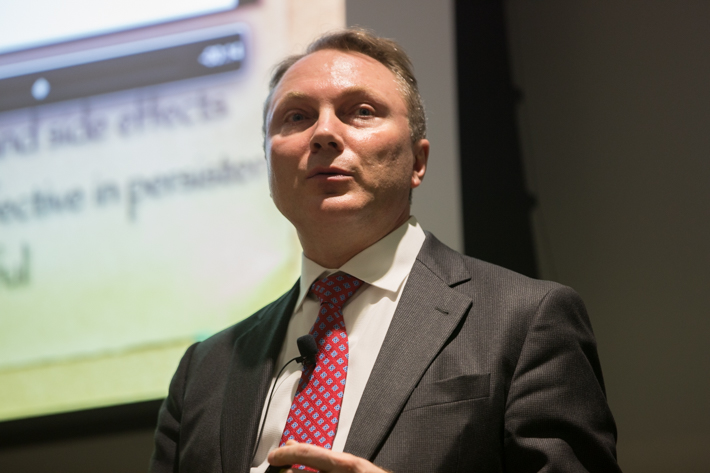The George Washington University (GW) has launched a first-of-its kind master of engineering degree program in regulatory biomedical engineering to educate engineers who can navigate the regulatory process and help bring new inventions to market faster.
The average length of time for premarket approval of a new medical device in the United States is four and one-half years, nearly five times longer than in Europe.
The new degree is an interdisciplinary program offered through GW’s Department of Biomedical Engineering in the School of Engineering and Applied Science in partnership with the School of Medicine and Health Sciences Regulatory Affairs Program. The program addresses the nation’s unmet need for a graduate program to train engineers in the specific set of skills for regulatory science, biomedical innovation and entrepreneurship.
The program begins Jan. 1, 2016.
“Our new master of regulatory biomedical engineering program addresses the important role that innovation, entrepreneurship and product approval play in getting technologies into the market, where they actually can improve healthcare and save lives,” said Igor Efimov, chair of the Department of Biomedical Engineering and the Alisann and Terry Collins Professor of Biomedical Engineering.
“Ultimately, product approval is key to getting the technologies into the market and this program is designed to prepare engineers to understand the product approval process and the process of translating their research to the bedside,” Dr. Efimov said.
The 30-credit program includes biomedical engineering coursework and a practicum, courses in regulatory issues and patent law classes for engineers. Graduates will be equipped to provide in-house regulatory expertise to device companies or to join government regulatory and compliance institutions.
“We’re within walking distance of many patent law firms on K Street and only a Metro ride from the U.S. Patent and Trademark Office and the Food and Drug Administration,” Dr. Efimov said. “That proximity gives us the opportunity to develop a one-of-a-kind regulatory engineering program.”
Daniela Drago, director of the Regulatory Affairs program in the SMHS, said the school is “pleased to be working with the School of Engineering and Applied Science to harness new regulatory talent."
“The growth of the medical device industry is resulting in an increased demand for engineers who understand the regulatory landscape," Dr. Drago said.


